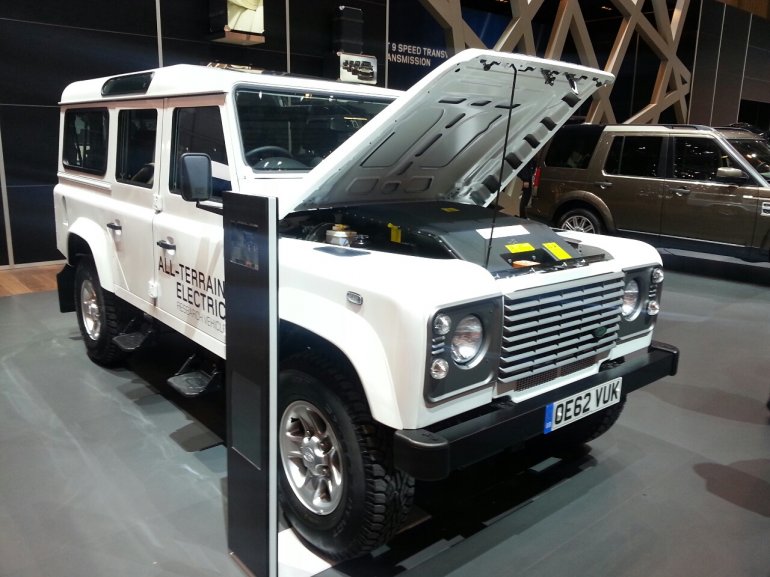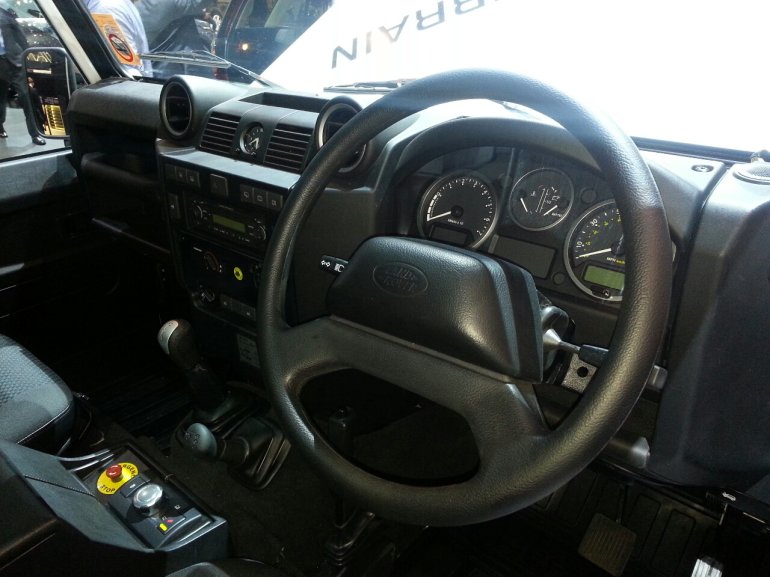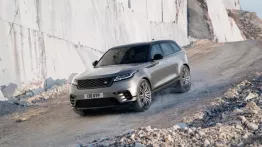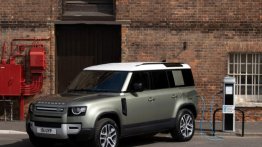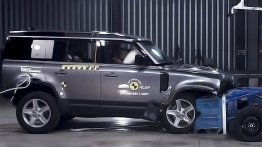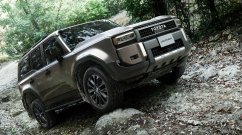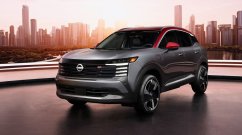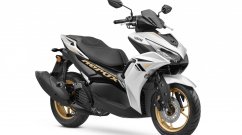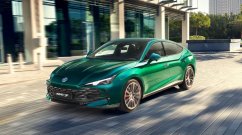Land Rover has presented seven variants of the Defender research vehicle engineered for zero emissions at the Geneva Motor Show. Land Rover claims that the Defender's all-terrain capability has not been compromised by the change in drivertrain.
The Defender research vehicle is powered by an electric motor that makes 70 KW (94bhp) and 330 Nm of torque drawing energy from a 300 volt lithium-ion battery pack. The specified range is over 50 miles (80 km) and about 8 hours of low speed off-roading is available before the batteries need charging. Through a 7KW fast charger, the charging takes about 4 hours, or 10 hours via a portable 10KW charger.
The battery tips the scale at 410kg and is installed at in place of the diesel engine. The vehicle's kerb weight is 100kg more than a stock Defender 110 and ranges from 2,055 kg to 2,162 kg depending whether the body style is a pick-up, hard top or station wagon. To save weight, the battery, inverter and motor are air-cooled rather than liquid cooled. Regenerative braking has been optimized so that the motor can develop about 30 KW using Hill Descent Control. Land Rover states almost all the regenerated energy can be recovered and stored in the batteries.
The stock Defender's four-wheel drive layout and differential lock feature in the EV version too. The transmission is a single speed, 2.7:1 reduction gearbox combined with the Defender's existing four-wheel drive system. A modified version of Land Rover's Terrain Response® System is also incorporated.
Land Rover's Advanced Engineering Team developed these prototypes. They were able to pull a 12-tonne 'road train' up a 13 percent gradient and waded to a depth of 800mm.
Antony Harper, Jaguar Land Rover Head of Research said “This project is acting as a rolling laboratory for Land Rover to assess electric vehicles, even in the most arduous all-terrain conditions. It gives us a chance to evolve and test some of the technologies that may one day be introduced into future Land Rover models."
Land Rover has announced that there is no production prospect for these vehicles, but they will go into service in real world trials later in 2013.

